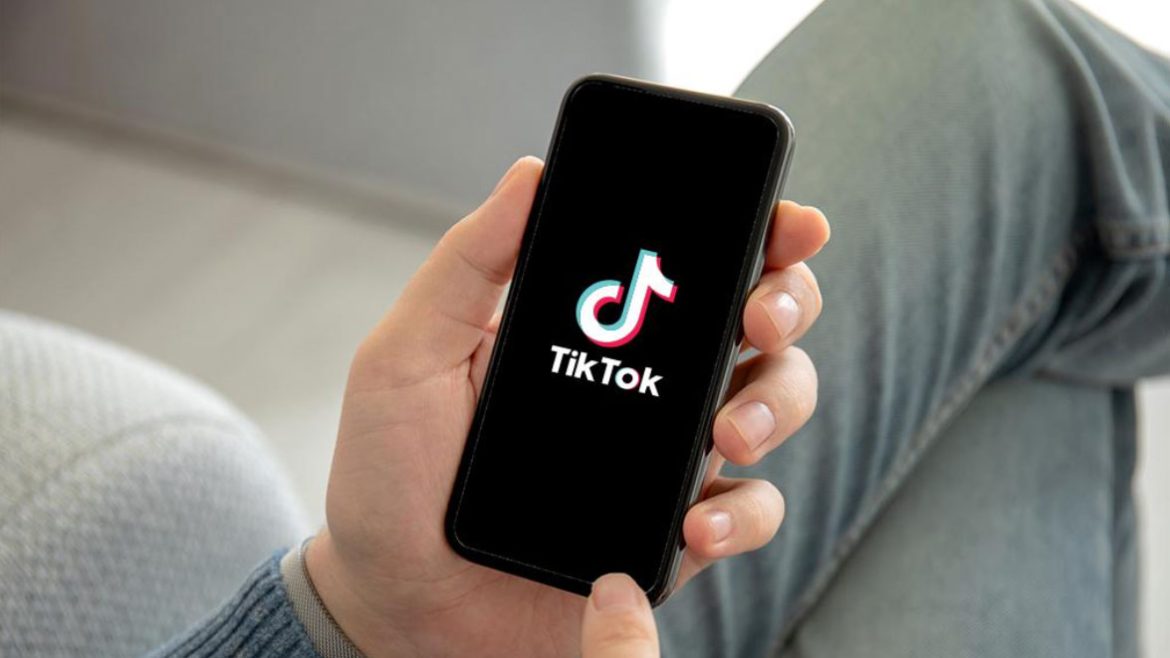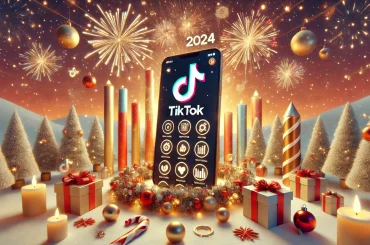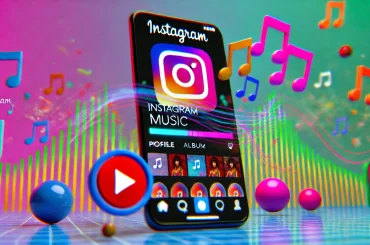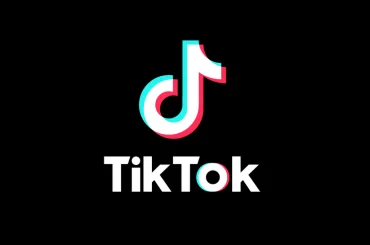TikTok is now allowing users to create AI-generated versions of their own voice within the app, enabling you to voice over your TikTok clips using your digital voice instead of the standard template voices provided.
As shared by app researcher Jonah Manzano, some TikTok users now have the option to “Create Your Own AI Voice” within the voice-over settings for their videos.
Once selected, this feature guides you through creating your AI voice by recording your speech into your device. This voice can then be used for future clips, sparing your vocal cords and even allowing you to translate your custom voice-overs into different languages.
This feature is a result of TikTok’s parent company, ByteDance, and its research into AI voice replication, which is part of its larger focus on AI development.
In January, Business Insider reported that ByteDance had created a new AI model capable of replicating any person’s voice with impressive accuracy, based on minimal input.
ByteDance’s “StreamVoice” system requires just a few spoken phrases to mimic a person’s voice in real-time, making it possible to replicate nearly anyone’s speech (you can hear examples of StreamVoice outputs here).
However, this also raises concerns, as it could lead to more convincing deepfakes and hoaxes using people’s real voices.
So, while this might seem like an exciting addition, it also brings potential risks. Yet, for some reason, social platforms seem to believe that people will be eager to create AI versions of themselves. Meta, for example, is now enabling creators to build AI chatbots that mimic their style and voice.
But why? Do people really want to interact with AI versions of real people instead of having genuine social interactions with other humans?
I understand the efficiency aspect. Meta claims that high-profile creators receive so many messages, often with generic questions, that a chatbot mimicking them can be useful in some cases. But it’s not truly social—it’s actually the opposite of what social media was meant to promote. I doubt fans will be enthusiastic about this as a substitute.
On TikTok, however, this feature makes more sense. It allows you to use your own voice in your clips, rather than the same stock voices you hear everywhere.
Language translation is another significant benefit, and it has clear value. But realistically, if you’re not using translation (which I suspect most TikTok users aren’t), is it really that difficult to record your own voice for your clips?
Is this really a huge time-saver or benefit?
It feels like social platforms are looking for problems that AI can “solve,” and without clear use cases, they’re just incorporating whatever AI features they can based on the technology they’re developing.




